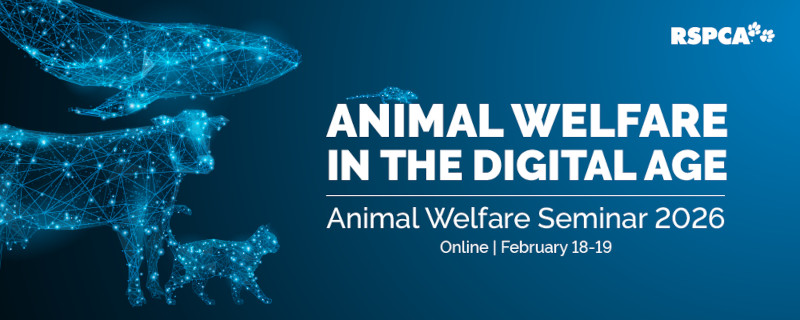| 4.1 | All those who shelter and rehome animals must take all reasonable steps to meet the physical and mental needs of those animals and facilitate the animals having positive experiences. |
| 4.2 | The RSPCA advocates for regulation and registration associated with mandatory standards for sheltering and rehoming facilities, providing for the conditions under which animals are kept, cared for, and managed. |
| 4.3 | The welfare of each individual animal must be prioritised when making decisions about the pathway chosen for that individual animal (e.g. rehoming, transfer to a rescue group, euthanasia). |
| 4.4 | Prior to adoption, all animals must undergo a veterinary health assessment and behaviour evaluation and be vaccinated against common core infectious diseases as appropriate for the species. All animals should be sterilised3 where recommended by a veterinarian, practicable, appropriate, and required by local law. |
| 4.5 | Advice on animal care and behaviour must be provided at the time of adoption and options for post-adoption support provided where necessary. Owners of a newly acquired companion animal are encouraged to seek further advice from a veterinarian, behaviourist, training organisation, or other reputable and qualified source as appropriate to safeguard their animal’s ongoing health and welfare. |
| 4.6 | Physically and mentally healthy companion animals who are suitable for adoption should be rehomed, but some animals may be unsuitable for adoption due to welfare, health, behavioural, or legislative reasons. Therefore, the RSPCA reluctantly accepts that, in certain circumstances, euthanasia of an animal may be unavoidable. |
| 4.7 | Reporting of animal outcomes data by all organisations which care for and rehome companion animals should be mandatory. See also: Policy GP1 - Good animal welfare Policy GP3 - Standards and guidelines, and codes of practice Position Paper C1 - Adopting animals for work purposes Position Paper GP1 - Animal welfare legislation Position Paper GP2 - Development of nationally consistent animal welfare standards and guidelines |
(adopted 08/04/2024)
[3] Sterilisation includes all procedures and techniques that render the animal unable to produce offspring. Surgical sterilisation includes gonadectomy (castration and spaying – ovariohysterectomy or ovariectomy) and gonad sparing sterilisation options (e.g. vasectomy). Non-surgical sterilisation may include options such as chemical castration or other emerging options such as immunocontraception. Desexing is the term generally used in Australia to refer to surgical sterilisation that permanently renders an animal incapable of reproducing. However, the legal definition may differ depending on the jurisdiction.

